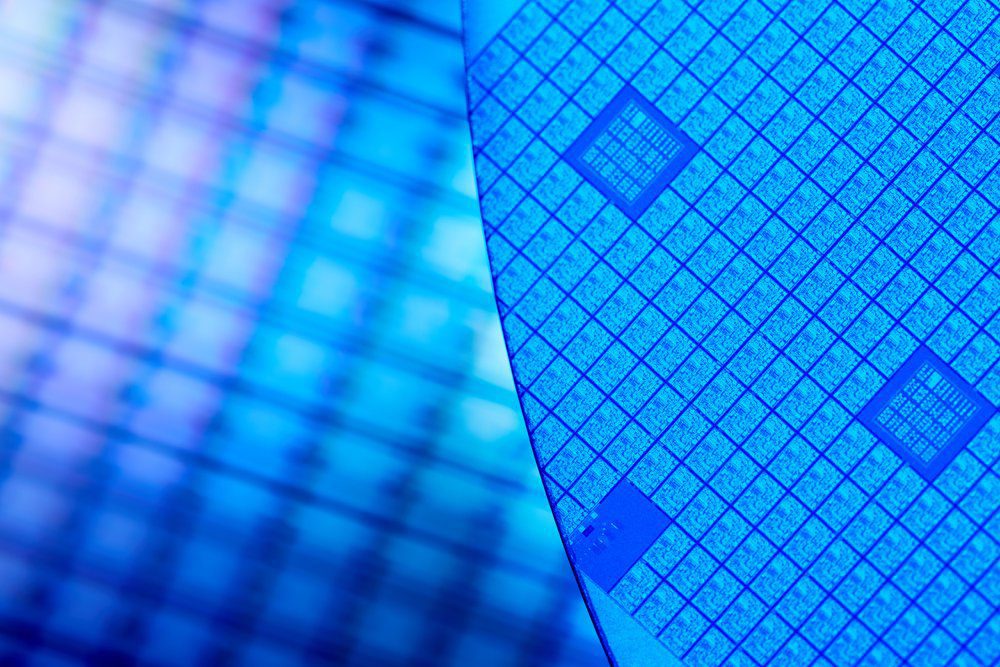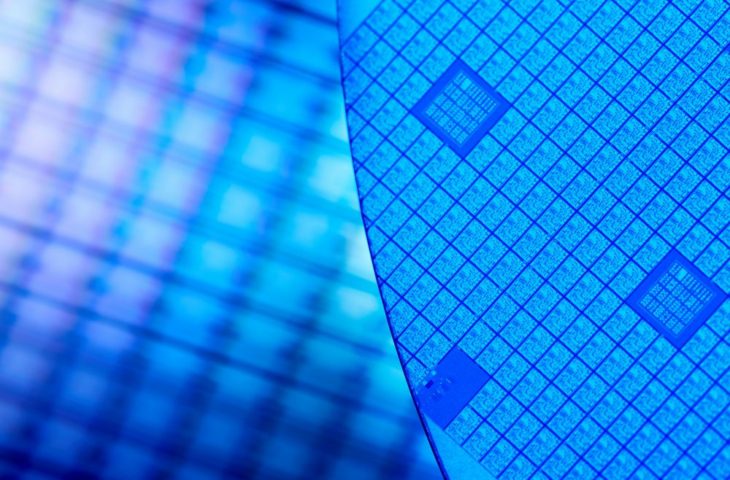KU Leuven and TU Eindhoven are strengthening their collaboration in microchip research. Both universities will better coordinate their fundraising and master’s programs to strengthen innovation in the home base of Imec and ASML respectively.
KU Leuven and TU Eindhoven (TU/e) will work more closely together in the field of microchip technology. This collaboration is intended to strengthen the position of the Brainport (Eindhoven) and Mindgate (Leuven) regions and to closely involve ASML and Imec.
The cooperation is also part of the European Chips Act, with which the EU wants to strengthen Europe’s role in chip development. Silvia Lenaerts, Rector of TU/e explains: “Europe is facing the challenge of achieving a better position in the global semiconductor sector. This is crucial for our strategic autonomy, our profitability and for solving societal challenges. This cooperation is a very important step in this regard.”
Focus on funds
The collaboration between KU Leuven and TU/e develops around various strategic action areas, which include both research and education initiatives. Funding is an important common thread throughout the collaboration.
First and foremost, there will be a jointly funded PhD funding program. Starting in 2024, these PhD students will be able to start research projects in semiconductors on topics such as AI, mechatronics, software engineering, materials science, plasma physics, heterogeneous integration and optics. The universities want to work together to train the next generation of experts who can make important breakthroughs in these areas.
In addition, there will be a joint seed fund, KU Leuven and TU/e will jointly define research topics and prepare funding proposals. There will be a joint funding coordinator who will source additional funding for existing and new research topics. The two universities describe this role as crucial to obtain the necessary resources to support current and future projects, thus increasing the impact of the collaboration.
Exchange
The collaboration is not just about money. KUL and TU/e are exploring cooperation initiatives to establish joint master’s programs in areas such as optics, photonics, quantum technology, semiconductor technology and high-tech systems engineering. This also includes exchange opportunities between the two institutions for both students and staff.
“In many ways, we speak the same language,” says Rector Luc Sels of KU Leuven1. “I am very pleased that we can further expand our relationship of trust, geographical proximity and ongoing collaborations with TU/e to further position our region as the backbone of the European semiconductor landscape.”
For KU Leuven, this collaboration is part of a broader strategy to further develop its knowledge and innovation ecosystems across regional and national borders. In 2023, KU Leuven, TU/e and RWTH Aachen signed a joint memorandum of understanding to further promote AI research and education in the border area between Belgium, the Netherlands and Germany.














